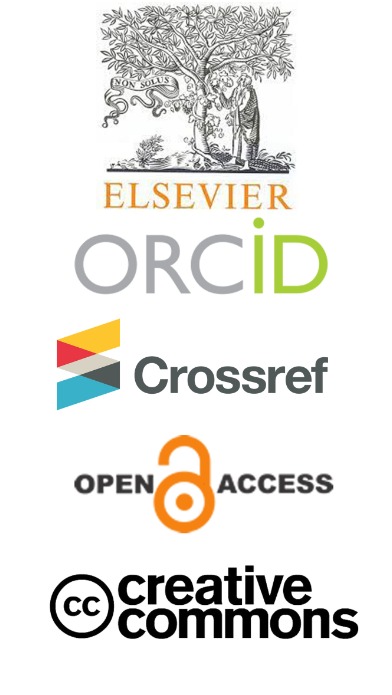The Efficacy of New Technologies in Developing Listening Comprehension Strategies for Iraqi EFL College Students
Keywords:
Digitalization of education, foreign language competences, higher school, linguistic education, modern education.Abstract
This paper is a practical investigation into the efficacy of digital technologies in developing listening comprehension strategies among future English teachers who are enrolled in universities of higher education. Methods of The research consisted of a questionnaire survey, and Anderson-Darling and Student's t-tests were used to analyze the data. The listening comprehension skills of students in the control (CG) and experimental (EG) groups are comparable (52% and 56%). The level of learning in CG and EG is below the threshold, indicating that students have inadequate training in these areas. Cognitive, pragmatic, and reflective criteria are most prominent. Implementing educational content adaptation strategies and multiple self-study controls increases the cognitive component. Consequences of The study revealed that digital technologies are highly effective for training future philologists' listening comprehension strategies. Experiments have demonstrated the effectiveness of digital multimedia educational tools and the ability to hear a foreign language very well. Prospects Future research should identify effective methodological and technical tools for developing strategies for listening comprehension. To do this, you need to look at different digital tools and choose the ones that work best.



